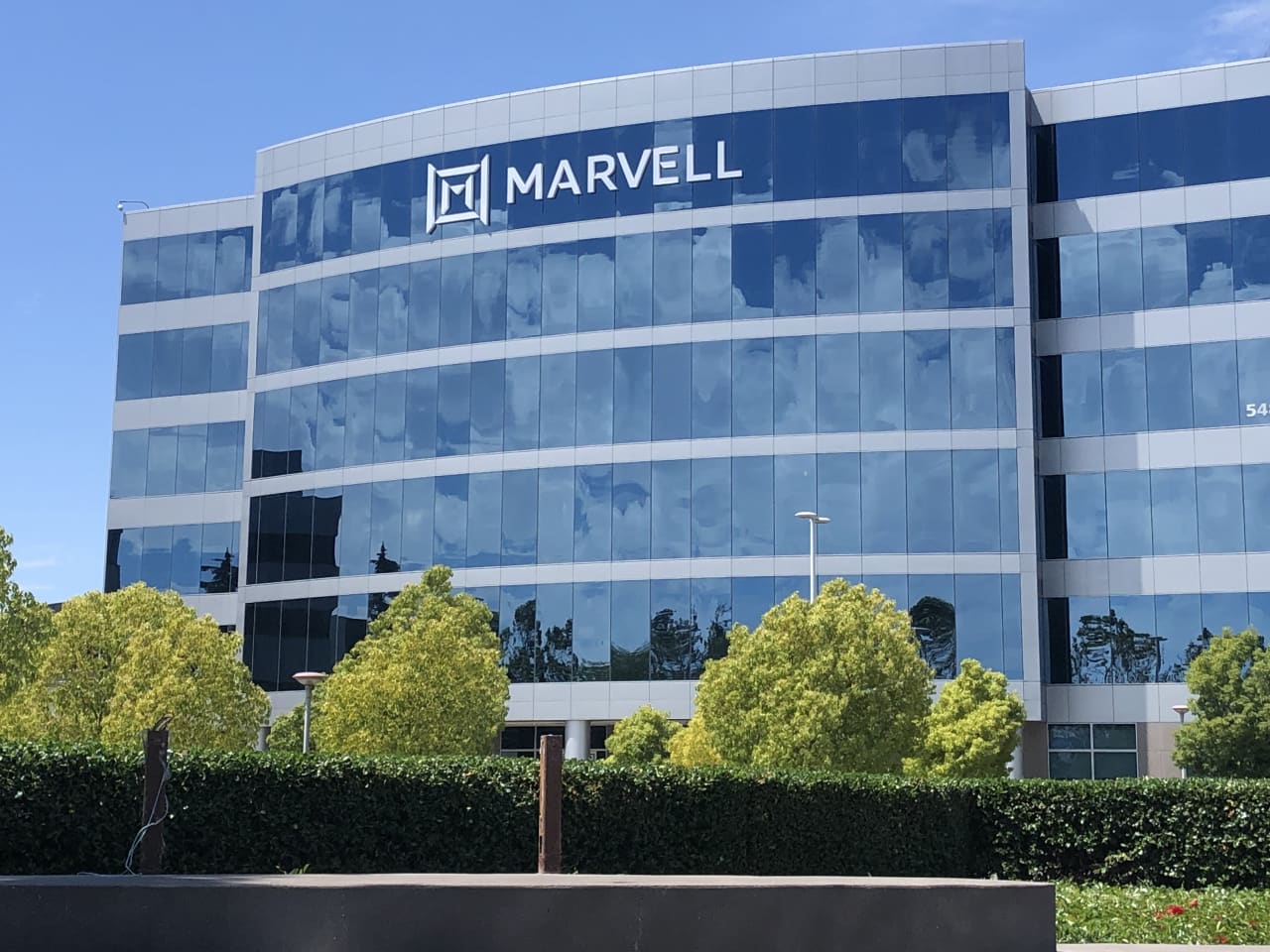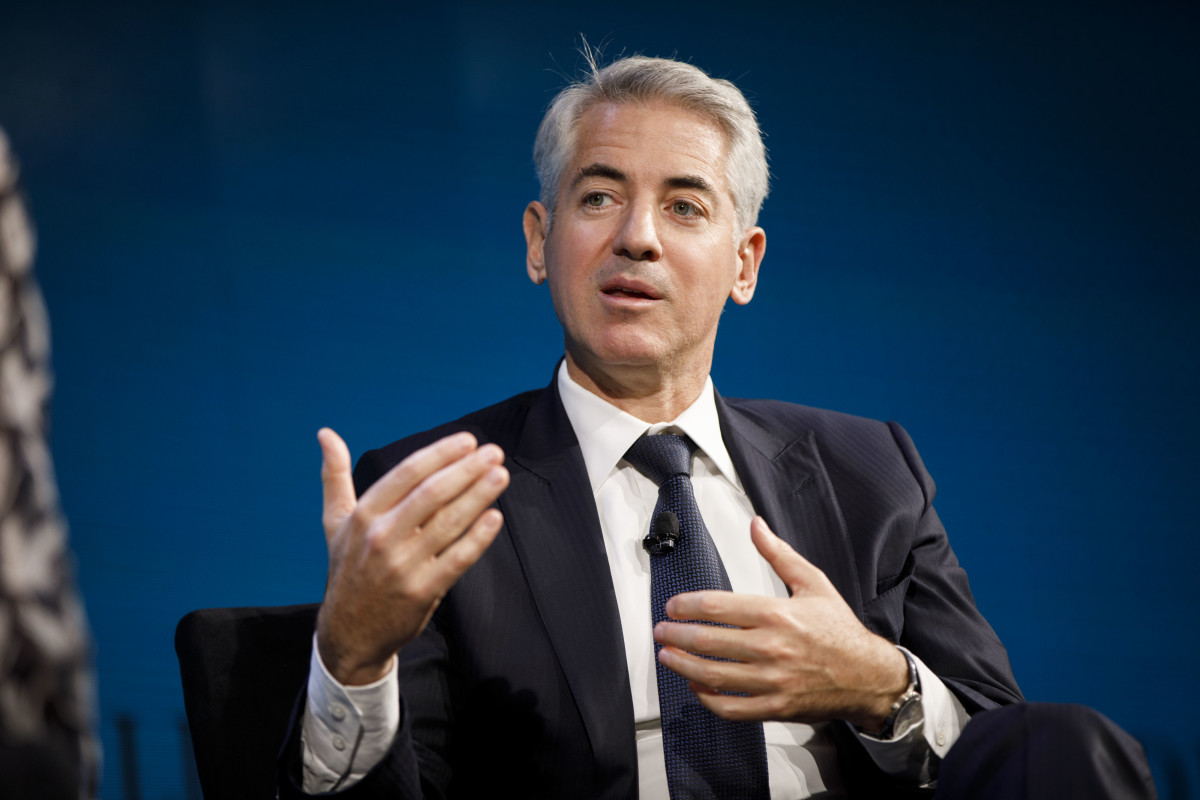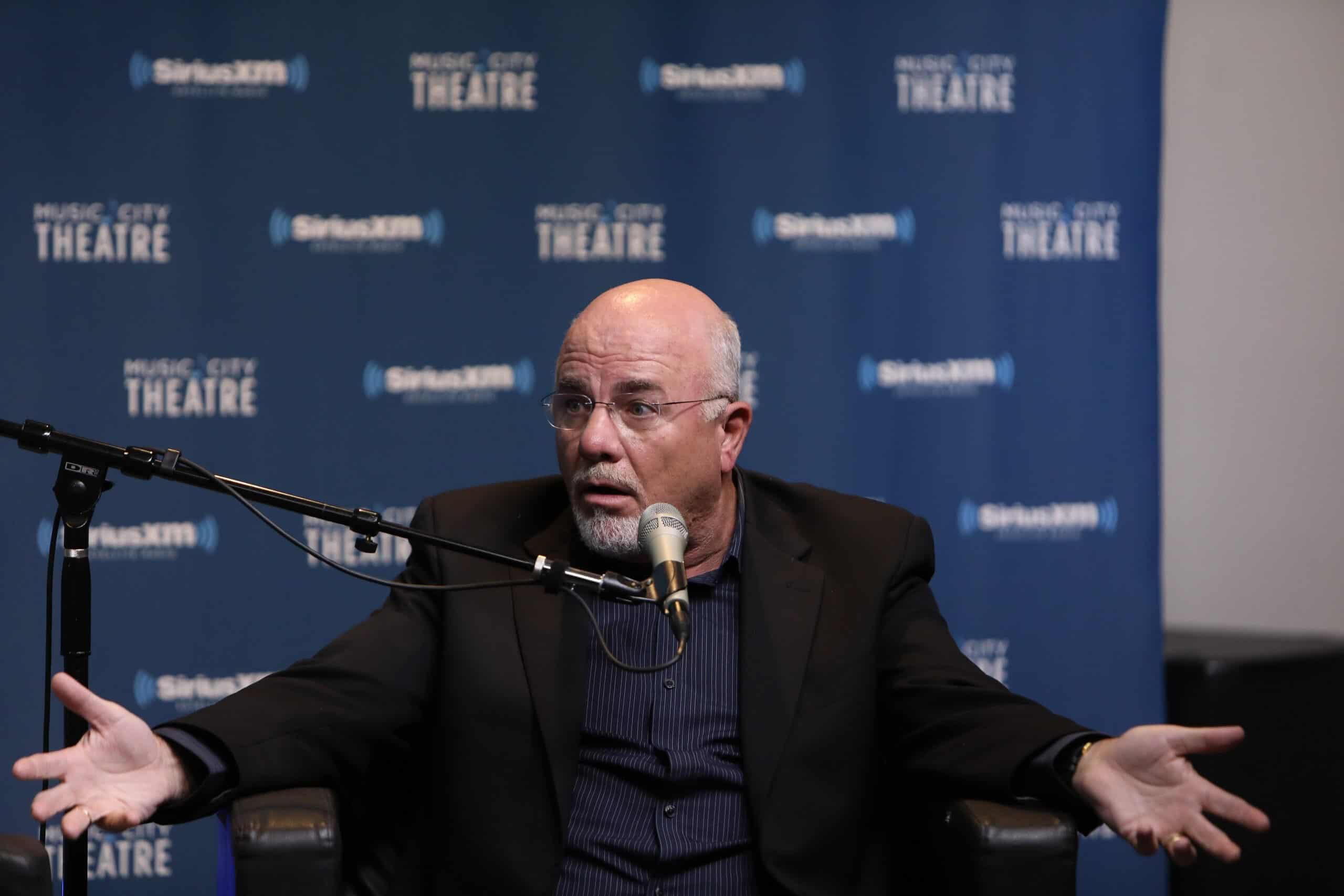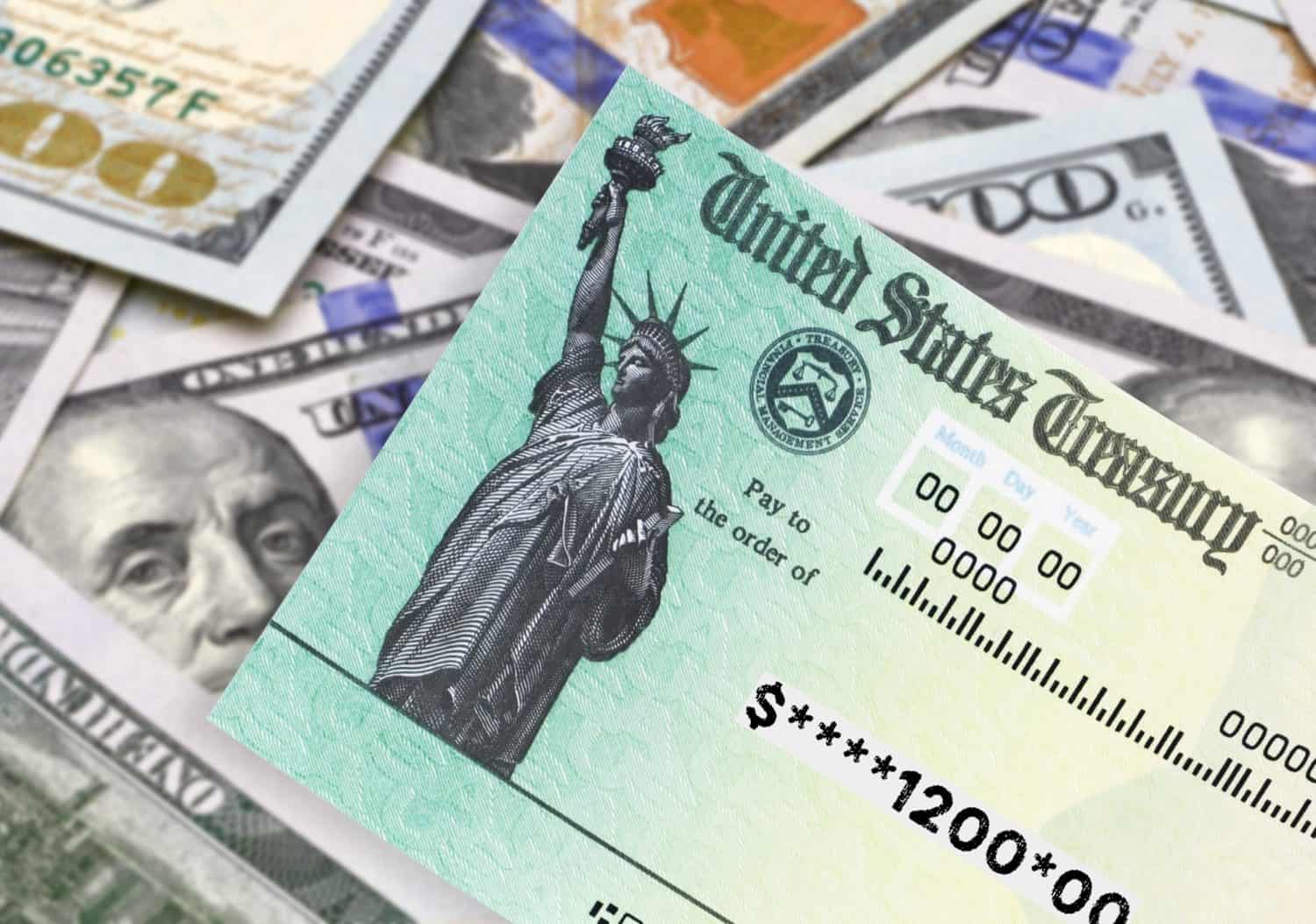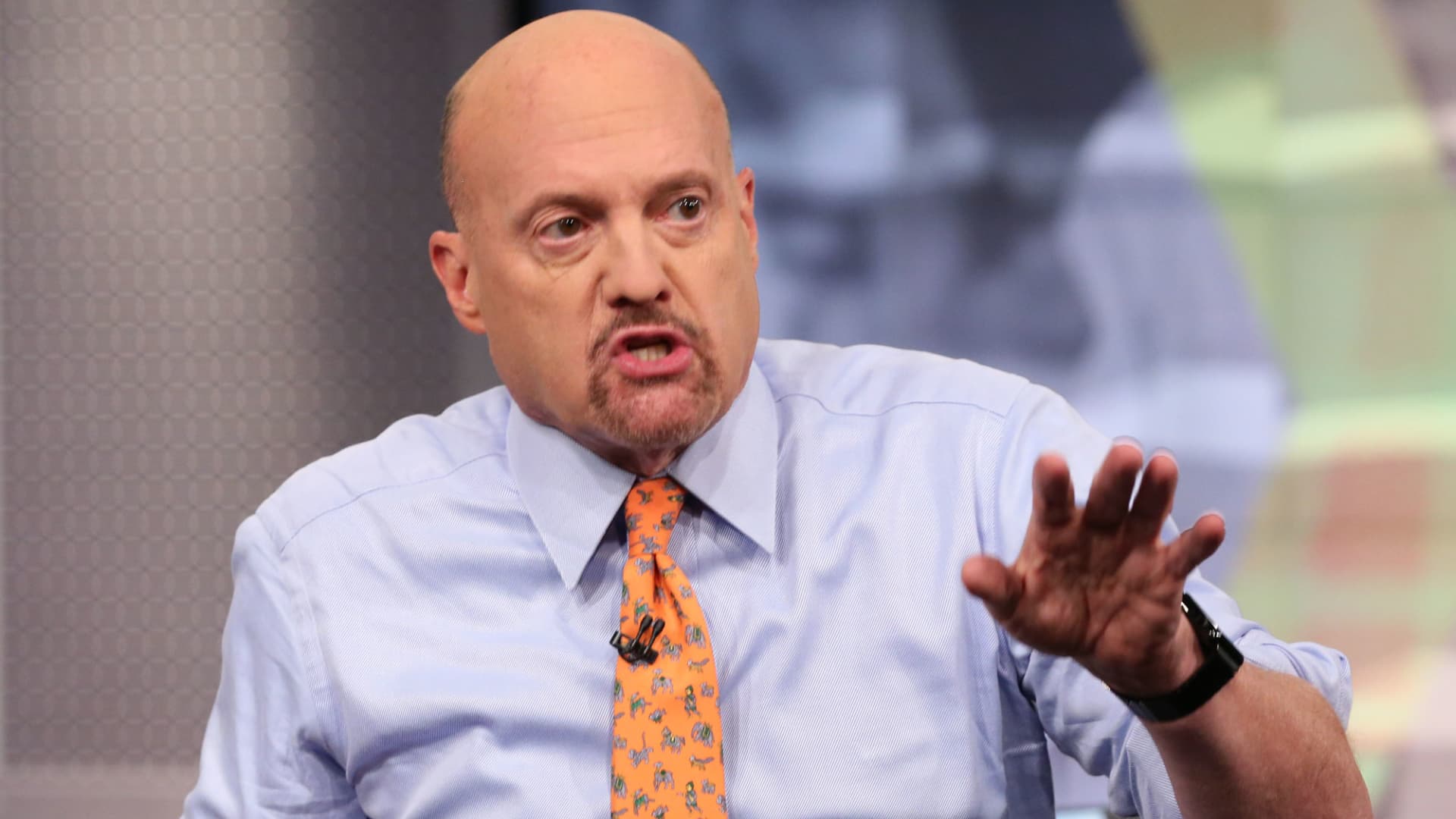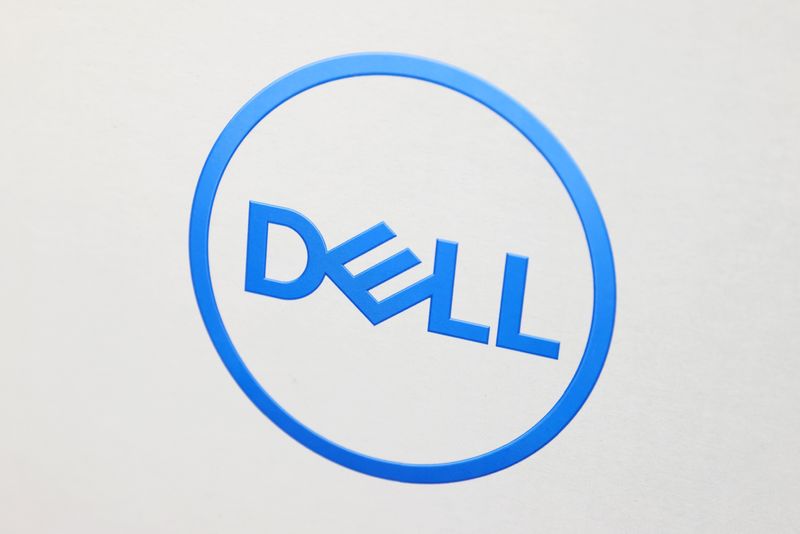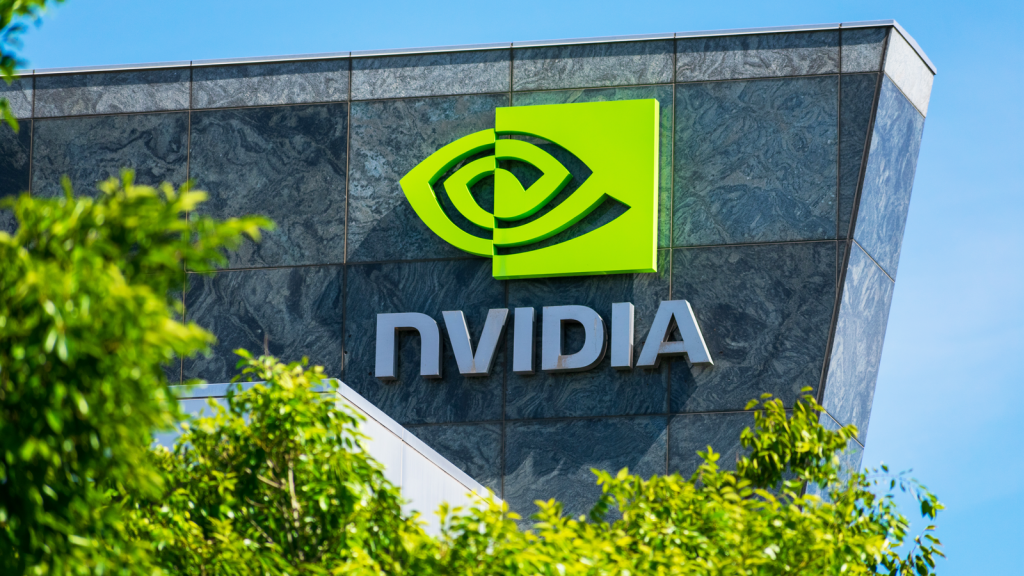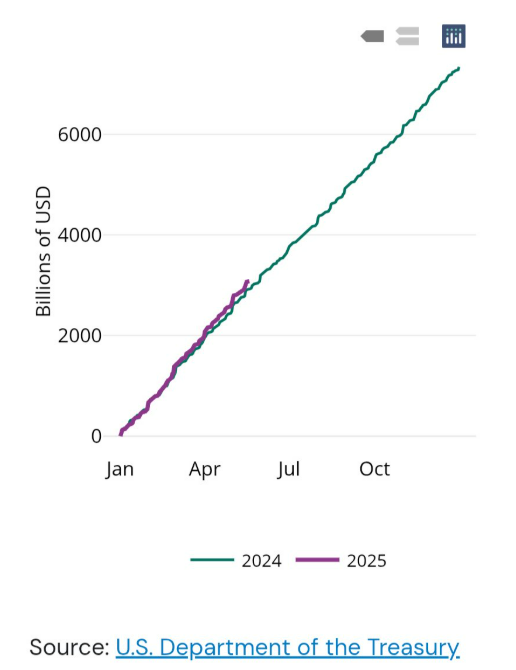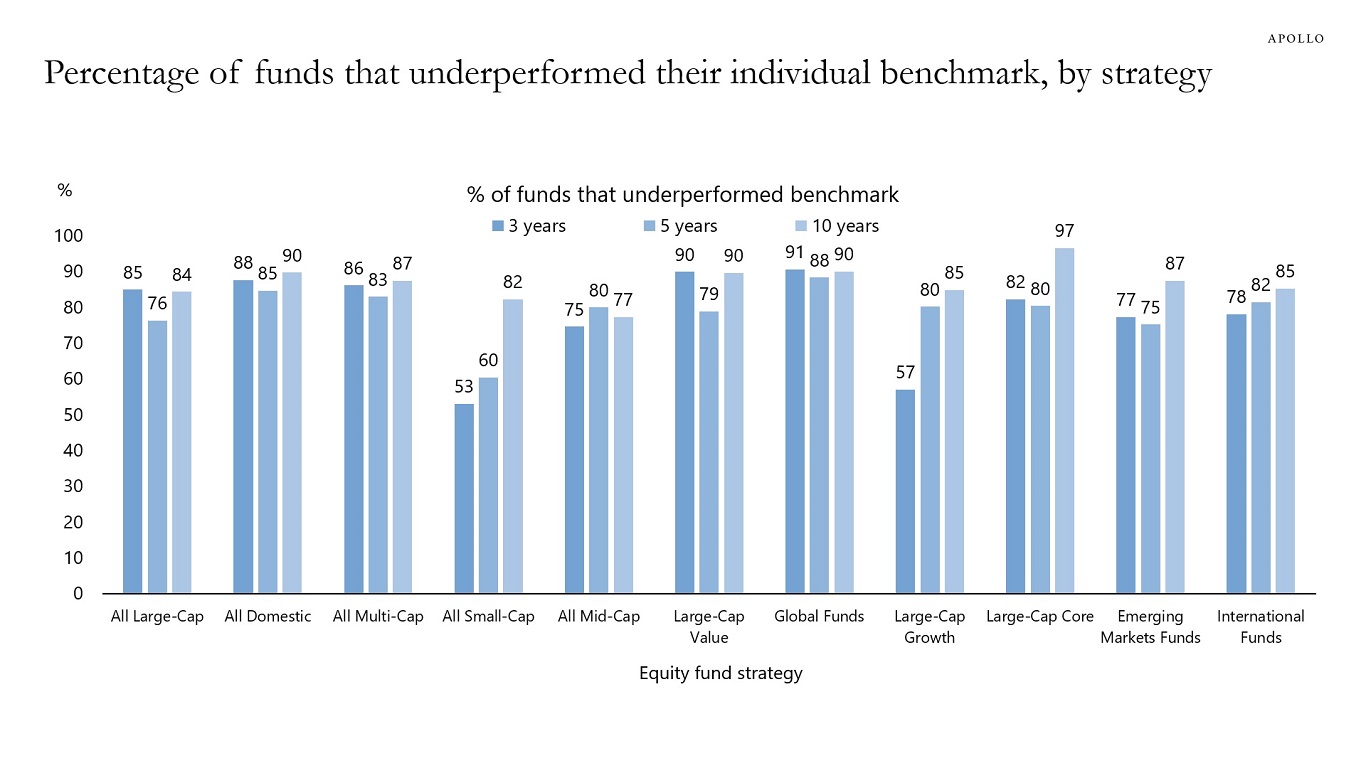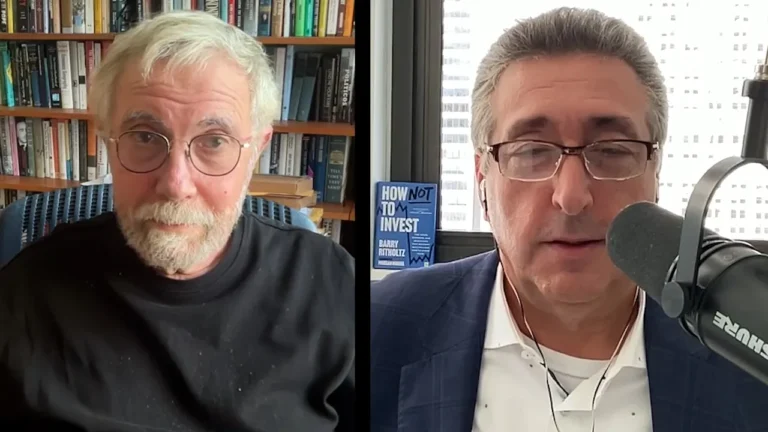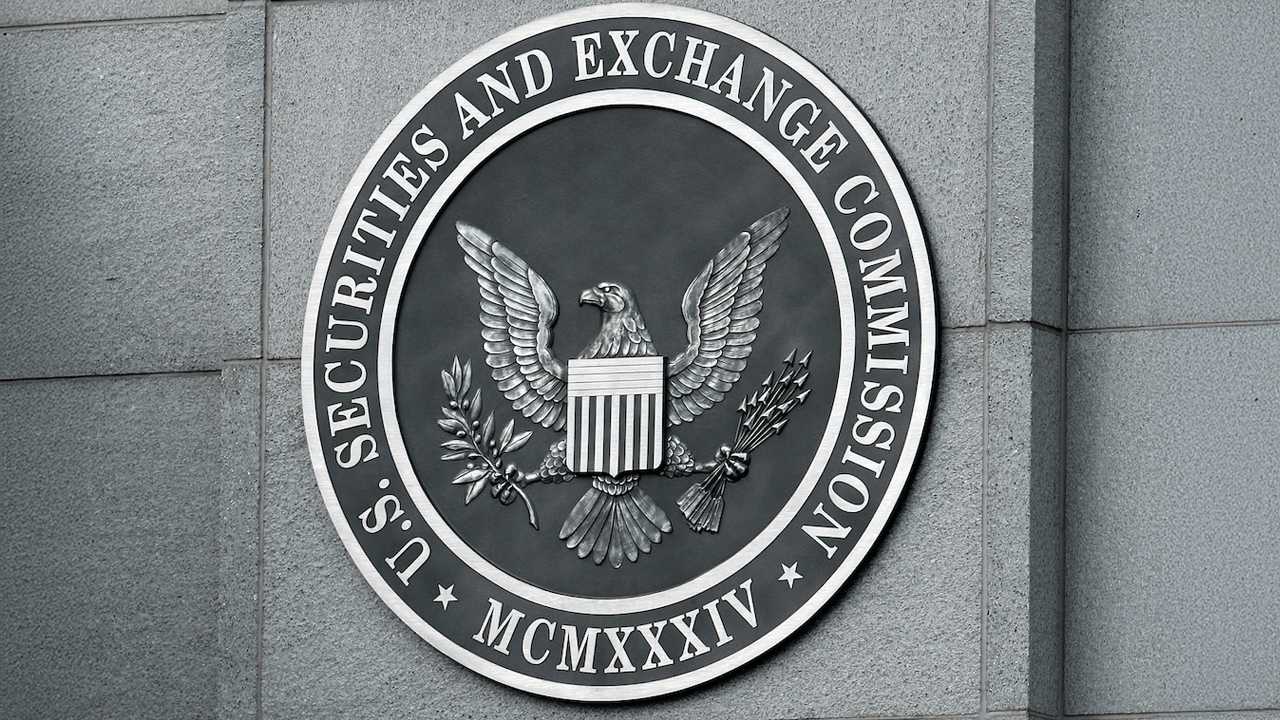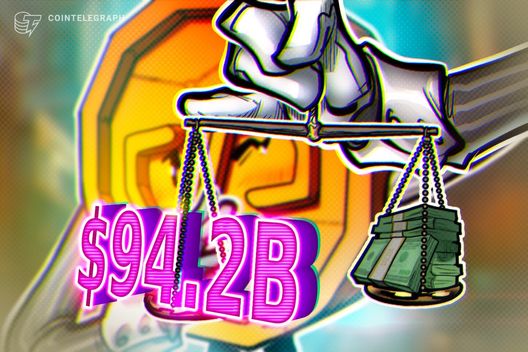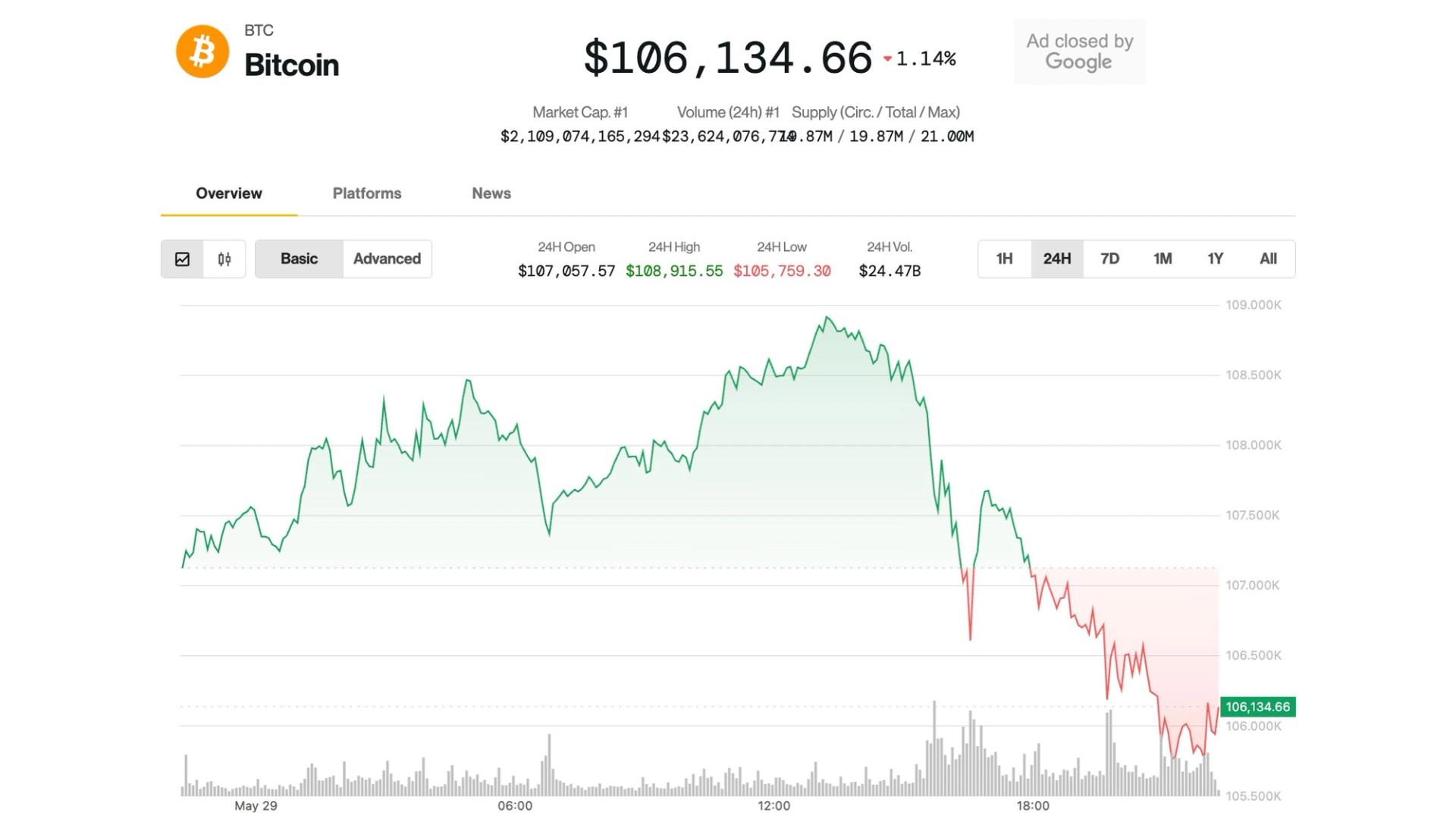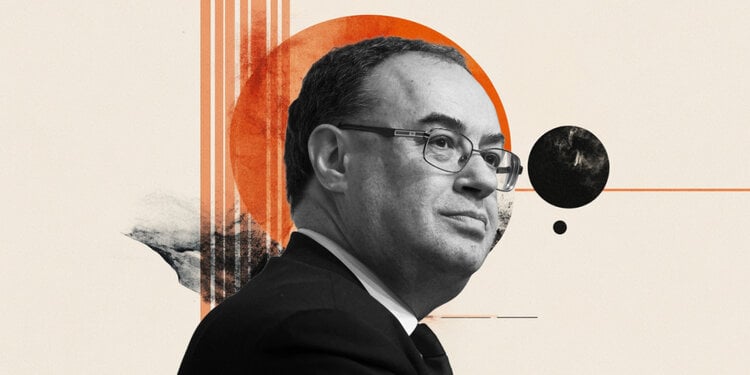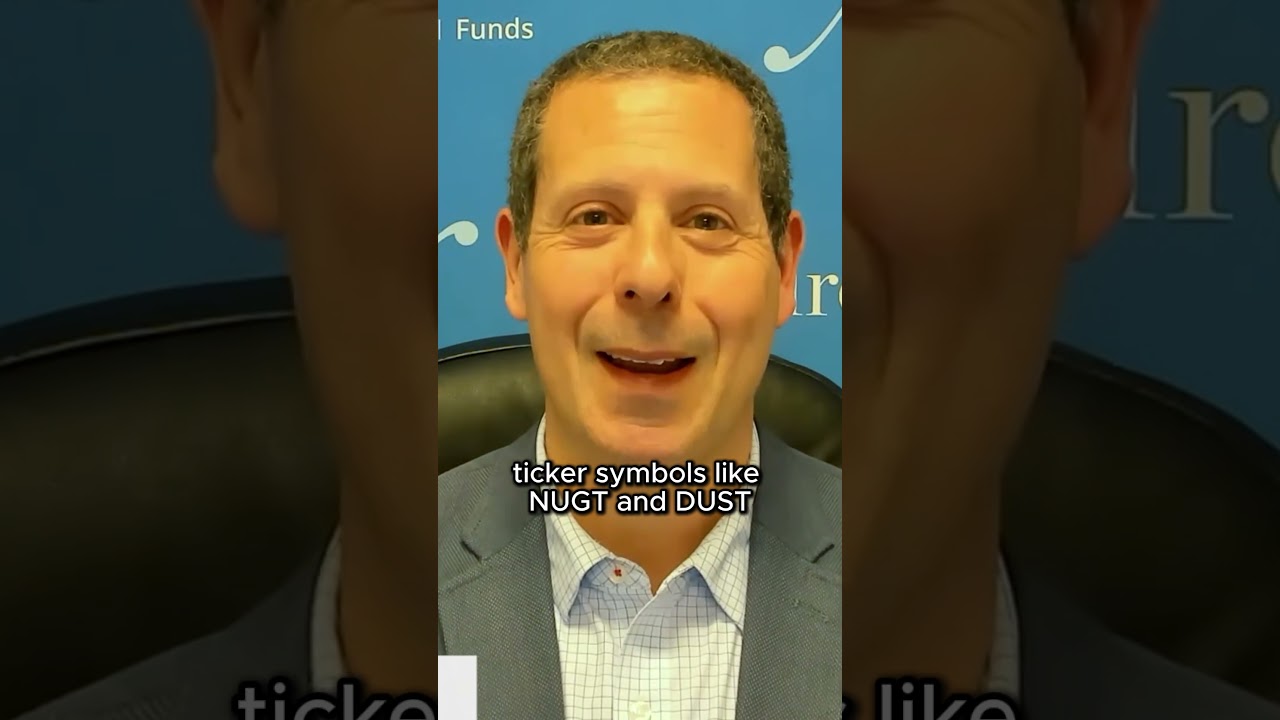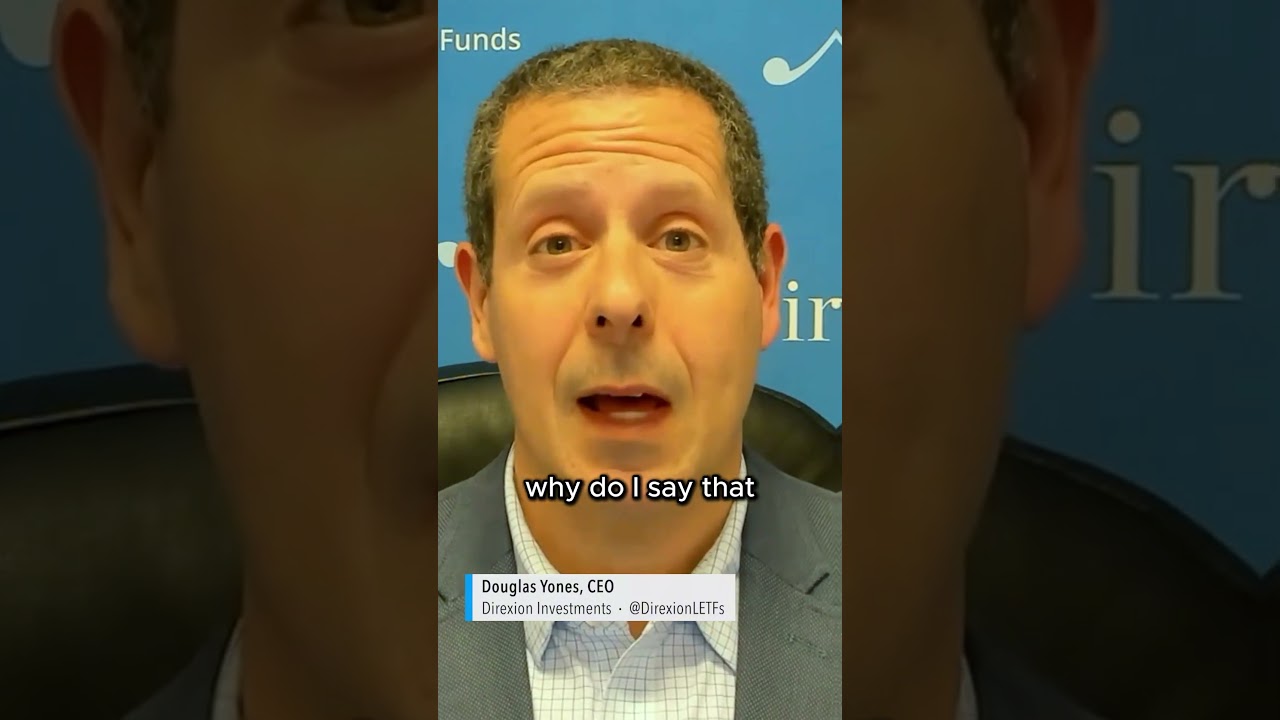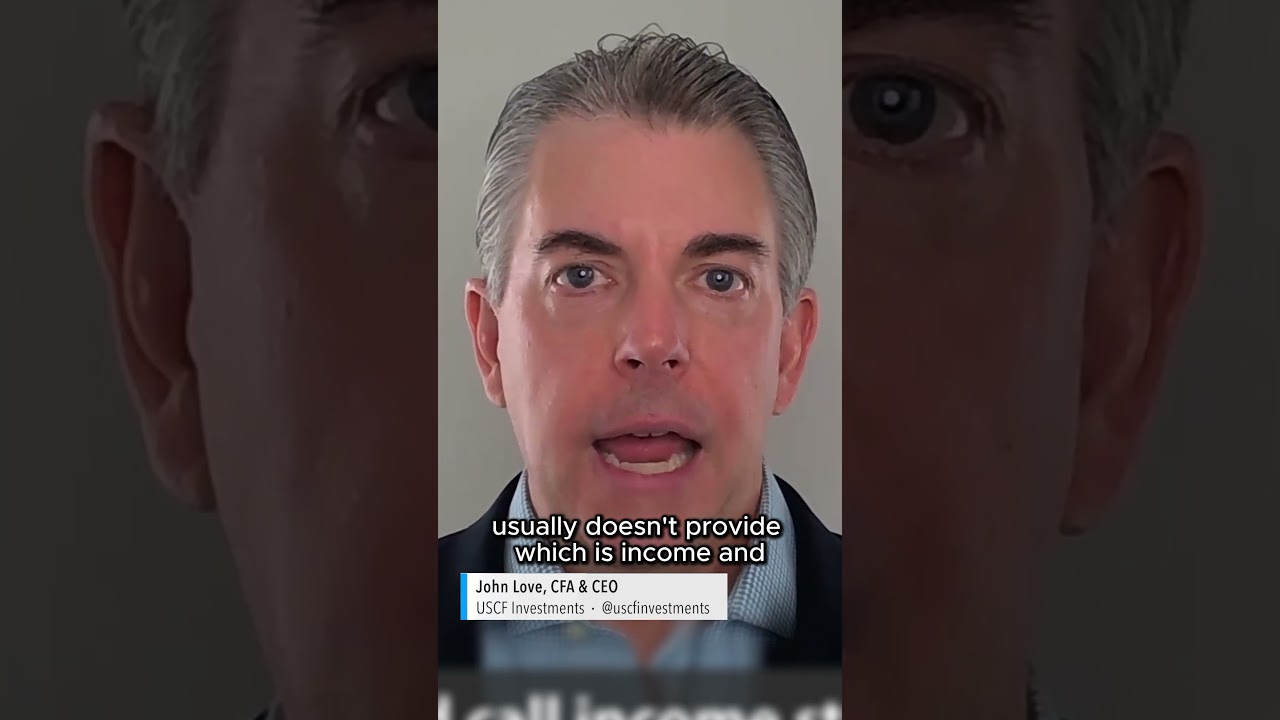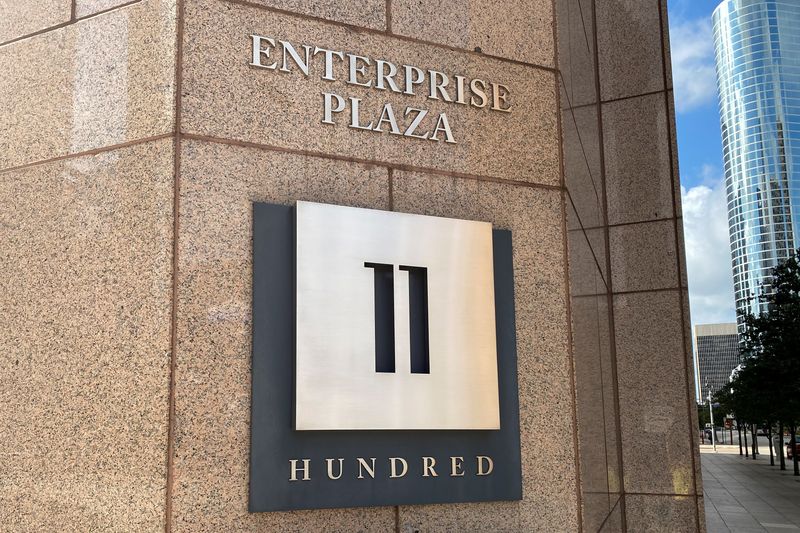Surprise: You Probably Shouldn’t Max Out Your 401(k)
If you are investing for your future, your 401(k) is an attractive account to put money into. It’s got a lot going for it, including high contribution limits, a simple sign-up process, and potentially even auto-enrollment, and the possibility of earning an employer matching contribution. You also get to contribute with pre-tax dollars, which makes […] The post Surprise: You Probably Shouldn’t Max Out Your 401(k) appeared first on 24/7 Wall St..

Key Points
-
Maxing out a 401(k) may seem like a good way to set yourself up for retirement, but it’s not always the right choice.
-
A 401(k) can come with limited, and sometimes expensive, investment options.
-
You may be better off putting some money into a traditional or Roth IRA.
-
Are you ahead, or behind on retirement? SmartAsset’s free tool can match you with a financial advisor in minutes to help you answer that today. Each advisor has been carefully vetted, and must act in your best interests. Don’t waste another minute; get started by clicking here.(Sponsor)
If you are investing for your future, your 401(k) is an attractive account to put money into.
It’s got a lot going for it, including high contribution limits, a simple sign-up process, and potentially even auto-enrollment, and the possibility of earning an employer matching contribution. You also get to contribute with pre-tax dollars, which makes investing easier since you won’t see your taxable income go down as much when you contribute.
With so many benefits of 401(k) accounts, you may be tempted to try to max yours out — but, for most people, that is surprisingly not the best approach to retirement investing. Here’s why.
There could be better options than maxing out your 401(k) plan
The simple fact is, while a 401(k) does have a lot of benefits, it also has some downsides. Specifically:
- You have no control over where your account is held, and some accounts come with a lot of fees that reduce your effective returns.
- You have very limited investment choices within your 401(k) and may be restricted to investing only in a small selection of funds. These funds could sometimes have high expense ratios, and the returns they offer may not be as good as other investments you would select if you had access to a broader array of choices.
- Unless your employer offers a Roth 401(k), you don’t have a choice about when to claim tax breaks. Those who expect to be in a higher tax bracket in retirement would often be better off investing in a Roth account, so they contribute with after-tax dollars now but benefit from tax-free withdrawals later.
For all of these reasons, maxing out a 401(k) may not make sense if you have only a limited amount of money to invest for retirement. You may be better off investing only the amount you need to earn your 401(k) matching contributions from your employer and then switching over to put some of your retirement funds in either a traditional or Roth IRA before making moving any additional moves into a 401(k).
Finding the right investment account is key to a secure retirement

You’re going to be relying on your retirement nest egg to help you cover your costs as a retiree, as Social Security only replaces around 40% of the pre-retirement income that you were earning. Unless you want a 60% pay cut and the huge lifestyle changes that come with it, you need to take achieving your retirement savings goals seriously.
Part of that is making sure you have your money in the right accounts. A financial advisor can help you explore your options for the different retirement plans available to you and can help you create a comprehensive plan for exactly where to invest your funds and what type of assets you should be investing in.
Your advisor can also work with you to determine how much money should go into a 401(k) and where the rest of your retirement money should go, so you have the right mix of accounts to set yourself up for the secure future that you deserve.
The post Surprise: You Probably Shouldn’t Max Out Your 401(k) appeared first on 24/7 Wall St..

























